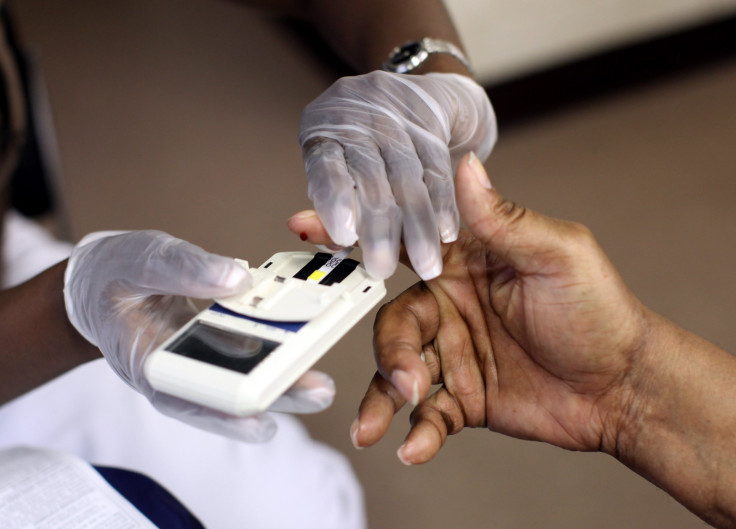HDL Vs LDL: Know The Difference Between Good And Bad Cholesterol

Cholesterol is a wax-like substance in human blood responsible for the synthesis of hormones and vitamin D and also helps with digestion. However, too much cholesterol possess serious health risks as it can lead to conditions such as stroke, heart disease, diabetes and hypertension.
What causes high cholesterol?
High cholesterol can be caused by an unhealthy diet, lack of exercise, being overweight, smoking and drinking alcohol. In most cases, cholesterol is caused by unhealthy lifestyle choices although it can also be inherited.
Types of cholesterol
Cholesterol is attached to proteins, and these lipoproteins are carried through the blood. Based on what the lipoprotein carries, the cholesterol can be divided into two:
High-density Lipoprotein (HDL): HDL absorbs cholesterol in the blood and carries it back to the liver where it is flushed out of the body. HDL, also known as good cholesterol, can lower the risk of heart disease and stroke.
The desired level of good cholesterol is 60 milligrams (mg) of cholesterol per deciliter (dL) for both men and women. The levels below 40 mg/dL in men and 50 mg/dL in women are considered risky. People who have naturally higher levels of HDL cholesterol are considered to be at a lower risk of heart attack and stroke. However, medications to increase HDL levels cannot reduce the risk of heart attacks, and people with extremely high HDL levels (above 100 mg/dL) are also at higher risk of heart disease.
Low-density lipoprotein (LDL): LDL is often known as bad cholesterol as it blocks the blood vessels and increases the risk for heart disease. Most of the cholesterol in the body is LDL. The optimal level of LDL is less than 100 mg/dL.
Triglyceride is a type of fat that the body gets from food, which is used for energy. When a person has high triglycerides, along with low HDL and/or high LDL cholesterol levels, the risk for health problems is high.
4 myths about cholesterol
- All cholesterol is bad. Fact: LDL is the type of cholesterol that can cause health risks.
- You can feel it when you have high cholesterol. Fact: There are usually no warning signs of high cholesterol. It can be identified only through blood tests.
- Thin people do not have cholesterol. Fact: Although obesity increases the risk of high cholesterol and heart diseases, thin people can also have high cholesterol.
- Women do not have to worry about cholesterol. Fact: Women have lower levels of bad cholesterol until menopause. However, after menopause, women are also at risk of high cholesterol like men. But, at any age, men tend to have lower levels of good cholesterol compared to women.



























